The Mission
The Complete Picture Project (CPP) addresses hidden and pervasive AI and Machine learning algorithmic biases by constructing complete test datasets that better represent the true diversity of human societies and communities.
The Problem
The global data landscape disproportionately represents already empowered individuals and demographics. The reasons for this are varied but it means that AI and machine learning (ML) models are also biased when trained on incomplete data sets, which in turn amplify any biases that may already exist. This can have severe impacts on the lives of millions of people who are already subjected to under-representation and discrimination.
According to Forbes, the global AI-driven machine learning market will reach $20.83B in 2024. Low- and middle-income countries have already seen a rapid expansion in applications using this technology. The humanitarian and development sectors increasingly make use of machine learning models to reach beneficiaries faster, understanding needs better and make key decisions about the form and execution of life-saving programs. How do developers and users ensure that Artificial Intelligence (AI) algorithms serve all the members of a community equitably and fairly?
The Solution
The solution is to use certified balanced datasets that can be applied to develop, test and validate inclusive AI models and to identify potential bias.
We build independent, broadly diverse, representative (of individuals and of contexts) datasets that can be applied to a variety of algorithms to address algorithmic gender biases in all phases of the development process: 1) early design, 2) testing and 3) adaptation and adoption. Only when the complexities and diversity of communities are represented can we begin to tackle these issues.
Community solution and sustainable business model
The CPP is designed to support scaled use, with open sourcing of core methodologies and tools as well as building an ecosystem of AI developers, data sources, and AI adopters.We have a sustainable model for creating data sets for government, foundation, private sector use.
The road map
The CPP is envisioned as a multi-year effort that can be developed in iterative steps. The first sprint will build the first proof of concept data set and refine the methodology, and lay the foundation for the supporting ecosystem.
Our Partners
CPP is actively engaging partners for sponsorship, data, and AI applications. Most recently the CPP was featured as one of the gender breakout challenge winners at the AI for Good summit.
Resources
Outsight International Blog Post by Devangana Khokhar and the CPP Team
“The Complete Picture Project: Uncovering hidden AI bias”Presentation summarising the project
The Complete Picture Project Slides








